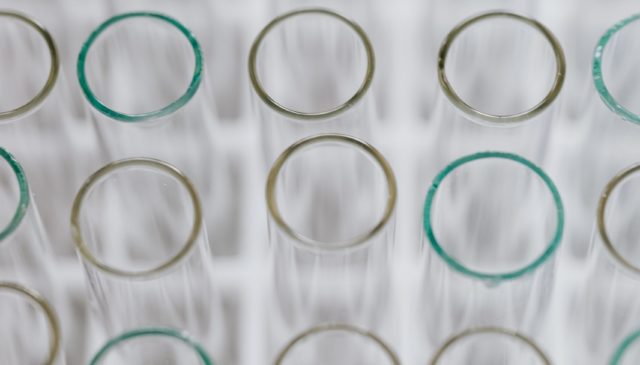
Testing has become a fundamental part of the cannabis industry. Laboratories have sprung up across the country to provide testing services to the hundreds of companies that now exist in this fast growing industry. One of the most important things these labs test for is the presence and concentration of cannabinoids, both large and small, using a variety of high-tech tools and equipment.
Several Dozens of cannabinoids found in cannabis. However, not all of them are that valuable to the cannabis industry, at least not yet. Currently, the most valuable cannabinoids are tetrahydrocannabinol (THC) and cannabidiol (CBD), which are known as the most important cannabinoids.
As the industry matures and research continues, other cannabinoids are known as the smaller cannabinoids, can prove to be just as valuable as THC and CBD. These other cannabinoids of interest currently include tetrahydrocannabinolic acid (THCA), tetrahydrocannabivarin (THCV), cannabidiolic acid (CBDA), cannabidivarin (CBDV), cannabigerol (CBG), and cannabichromene (CBC). When speaking of these minor cannabinoids, it is important to understand that the term “inferior” does not refer to the effect these cannabinoids have on their users. Rather, the term “minor” refers to their concentrations in cannabis plants – the main cannabinoids are more abundant than the smaller ones, hence the terminology.
When labs test for cannabinoids, they use two principles Test methods: Ultra High-Performance Liquid Chromatography (HPLC) and Gas Chromatography (GC). Both tests tell you what cannabinoids are in a sample and also show you how concentrated they are in the sample.
However, both tests are not the same. In fact, HPLC is often the preferred test when handling cannabis and cannabinoids because it is a test method that can be done at room temperature. While GC tests require a heat catalyst to trigger a reaction in the sample to detect cannabinoids present. This heat catalyst prevents GC tests from detecting the cannabinoids THCA and CBDA, which turn into THC and CBD when heated. In other words, HPLC is a more comprehensive test for cannabinoids.
Image source: https://www.pexels.com/photo/set-of-glass-tube-in-laboratory-4021793/
